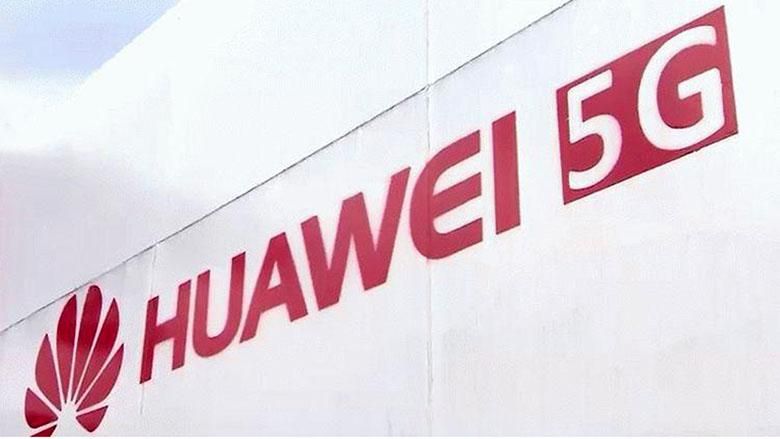The Huawei Global MBB Forum 2018 is on its way in London, and, on the opening day today, Huawei talked about the challenges of 5G technology. We know 5G is inevitably coming at a really fast pace. It’s the technology of the future which will allow not only faster speeds, but inter-connected people, products, services, and much more. Huawei Carrier Business Group President Ryan Ding took the stage and talked about the five challenges that the industry must address in order to “achieve its potential to create whole new revenue streams around selling low latency services”.
Ding said that the roll-out and deployment of 5G will be much faster than previously with 3G and even 4G. Because of this, it is of key importance to speed up the network infrastructure and deployment activities and address the challenges.
The five challenges outlined by Ding are:
- the size of Massive MIMO and limitations of traditional technology to support it;
- acquiring sites to house infrastructure and associated high rental costs;
- power-inefficient site facilities;
- inadequate coverage of high-frequency bands
- growing network complexity from simultaneously delivering 2G, 3G, 4G and 5G.
“The ICT industry is an exciting industry, but our new generation of networks also [mean] we are facing a lot of new challenges”, Ding said. However, many if not most of these problems can be easily addressed by adopting network solutions that are space- and power-efficient, which are features that most of the newly developed network solutions exhibit.
Carriers could begin to explore more and more new business models. In the past when we looked at business models in the mobile industry, we mainly focused on traffic, connection and you sometimes could monetize the speed.
Another key factor we should consider is latency. One business model for latency could be mobile gaming. This is becoming more and more popular. Take for example car racing [game], a few milliseconds could decide victory or defeat. So carriers could offer a lower latency package to users.

